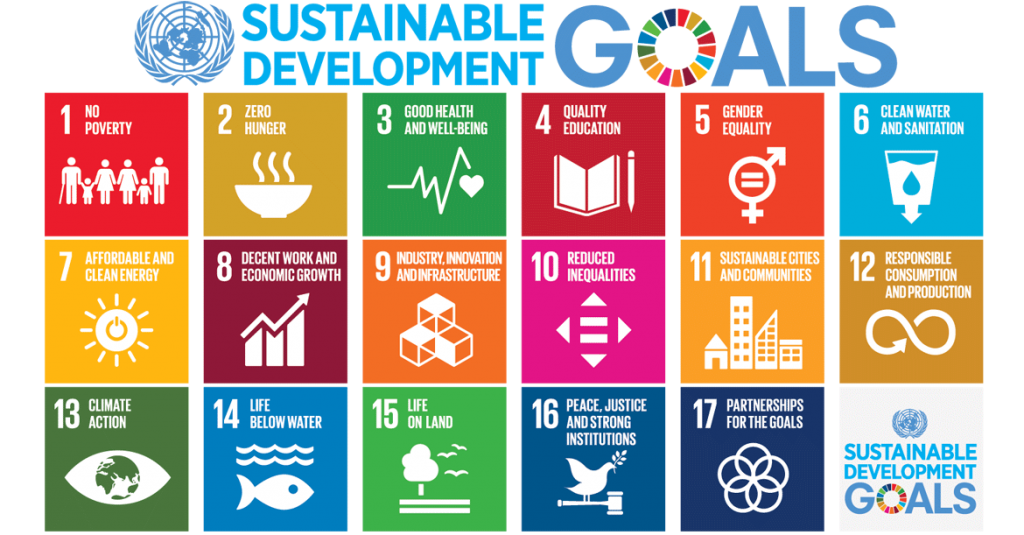Women in sustainability
Last year, Emily Mason our sustainability coordinator wrote about ‘who’s turn is it to save the world,’ In her 8 years in post, she noticed something perplexing. Whenever she recruited student volunteers onto a sustainability project or internships, they were predominantly women. I caught up with her to see if 2020 had brought any new changes.*
Spoiler alert! Things haven’t changed much. Last year only one male student volunteered, and when asked why male students tend not to take part he replied that is was ‘seen as a girl thing do to.’ Emily and I discussed what encourages students to sign up for voluntary actions. From her observations, female students want to know more, they want to be a part of something and be able to help. male students however tend to go for a specific reason, sometimes even with a specific question in mind. When asked about role models within the topic of sustainability, the answers were mainly female, yet when pressed for a male figure, Elon Musk was highlighted as a potential with his work in the field sustainable energy.
Why do we think that sustainability is seen as such, is it that women are programmed from a young age to take on a caring role? When we think about sustainability and how it is advertised on the television, there is a bias towards household products, be economical and wash at a lower temperature, reuse, recycle, with an emphasis on what could be seen as the female roles, cooking, cleaning and washing. Has this perhaps instilled and nurtured the caring role of women. There is not a complete bias, there is sustainability adverts which could be said to have a more masculine bias, eco cars for example.
Emily runs a sustainability course, which, this year predominately has a female majority take up. Some see it as a platform to be able to speak out on a topic that they are passionate about. Conversely to her female majority, a similar course, with ‘management’ in the title has less of a female bias in the take up. Is this due to the terminology of ‘management’ which attracts male students?
In the world of sustainability itself, Emily said that over all there are a lot of women in the industry, however, when you get to managerial level, the bias switches to predominately male leaders. What will stay with me, however, was Emily’s quote, that we ‘do not need a leader, we need a movement’. Sustainability isn’t about the gender divide, but about ways we can move on and make a difference. If ever need to promote #EachforEqual, sustainability may be that area.
*Read the original article here: https://blogs.kent.ac.uk/sustainkent/2019/03/08/international-womens-day-2019-whose-job-is-it-to-save-the-world/

